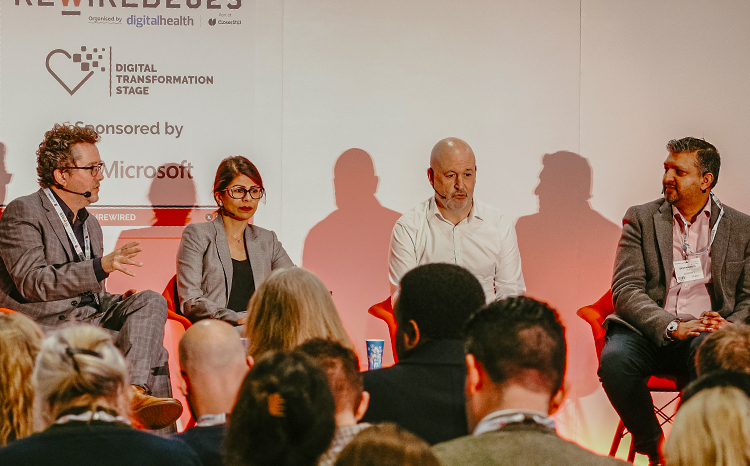Call for co-operation on new way forward for NPfIT
- 11 September 2006
A call for the ‘old guard’ of health informatics and the ‘new kids on the block’ to work together to take the National Programme for IT forward has come from the British Computer Society Primary Health Care Specialist Group chair.
Speaking at the group’s annual meeting in Oxfordshire, Ewan Davis, said relations between the two groups had been characterised by mutual disrespect “and that gets us nowhere.”
He said some the old guard had said “here we go again” and assumed they had nothing to learn from the new arrivals, while the new kids coming from oil wells and supermarket chains and bringing new levels of skills in software engineering and project management had failed to recognise the expertise of people already in health informatics.
Davis emphasised the need to work together and explained some of the thinking group members had been doing to take the national programme forward.
“We are three years into the programme and progress has been relatively small. We are at a point where we have to look again at how we move this programme.”
The group’s work, he stressed, was “not a review or a restarting [of the programme] but about building on what we have done.”
Davis said he doubted there was one among the group who thought that one big system across all care settings would deliver. Alternatives had to be examined.
“We haven’t come to any conclusions about how we move forward. We hope we will develop these thoughts over the course of this conference,” he said.
The solutions under scrutiny were those that could integrate a number of heterogenous solutions, crossing boundaries of functionality and geography, but which also allowed competition between vendors.
Discussion would be about the things you need to get right to create this sort of common framework to enable information sharing.
“We have to look for an alternative way forward and I hope this group can play a key part in that activity,” he said.
Analysing the reasons for the need for alternatives, Davis pointed to the nature of the NHS. “One of the reasons we have had problems with the current approach is that people perceive the NHS as a corporate entity and then are surprised when it doesn’t behave like a corporate entity.”
His alterative was to see to NHS as a supply chain – a group of organisations of varying size and power that simultaneously compete and co-operate towards a common goal.
Taking the analogy of the UK food supply chain, he pointed out that there was no such thing as the ‘English Food Supply’. A number of elements of our food chain, such as supermarket food distribution, were managed very tightly but, overall, nobody manages it.
“It’s too complex to get your head around all of it – but it does work,” he said.
Connecting for Health’s chief technology officer, Paul Jones, said that when he joined the agency overseeing the national programme from Atos Origin in April 2005 he did not see the programme as one big system. “I never thought that was what was being developed. If I had I wouldn’t have joined. I joined because of the interoperability challenge. I thought doing it on such a large scale would be a challenge and would make a tangible improvement in healthcare.”
He listed three elements needed: common business processes, semantic interoperability and a common NHS-wide strategy on enabling information technology and systems.
“We are trying to address all these and create an environment that allows safe, secure interoperability for health information,” he said.





